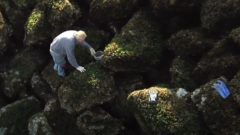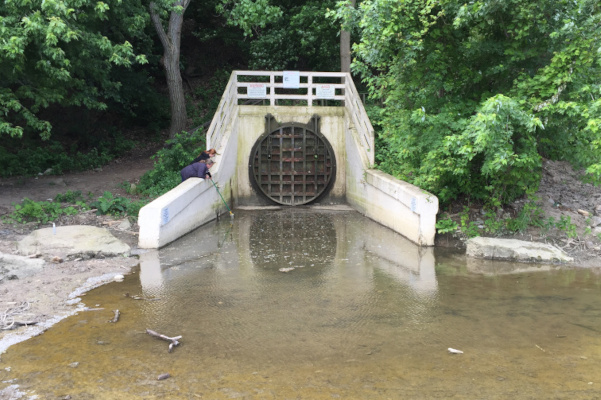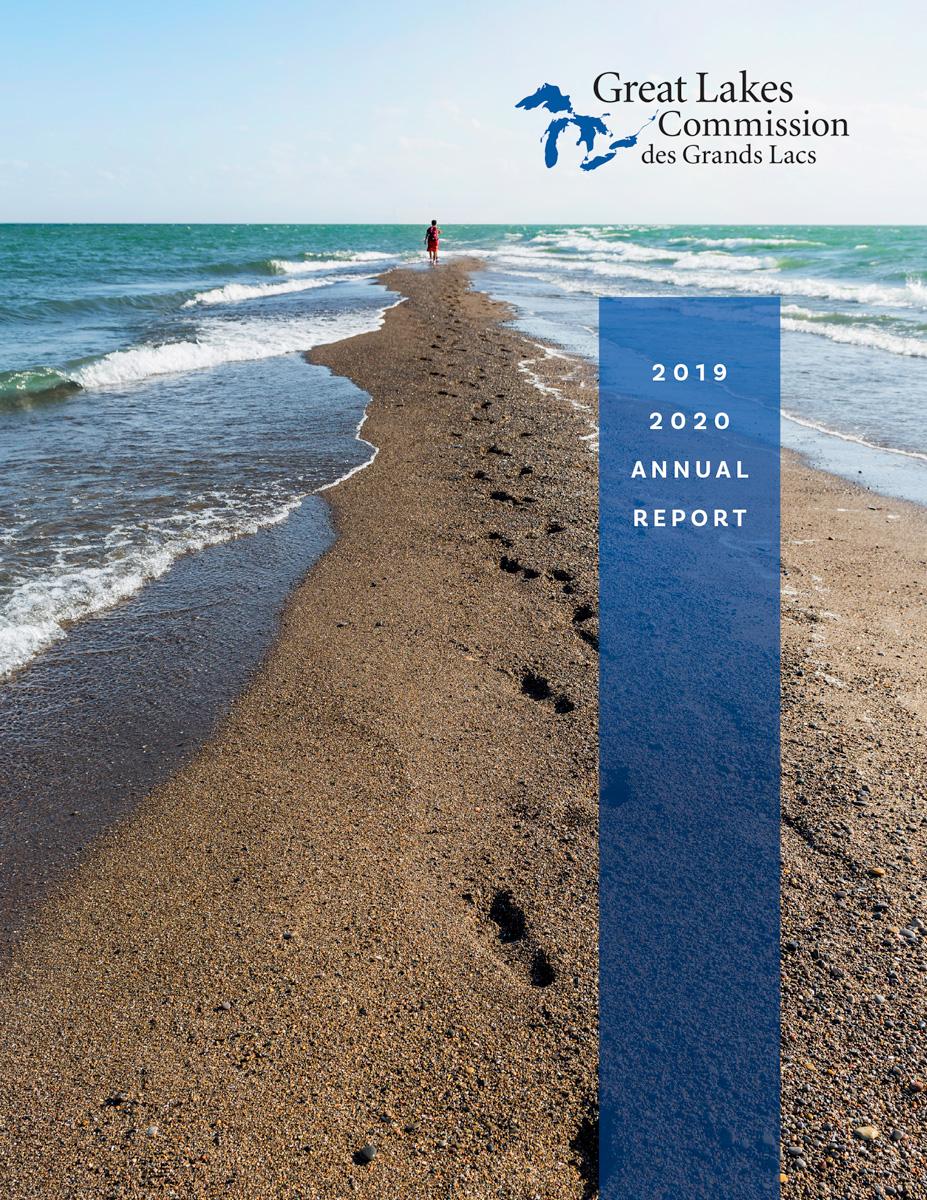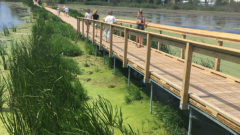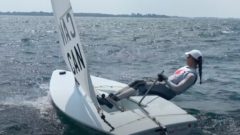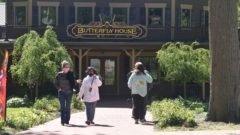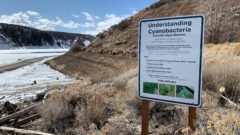Description
The Great Lakes Commission (GLC) has an immediate opening for a self-starting, highly motivated team player to join our Aquatic Invasive Species (AIS) Prevention and Control program. This position will work under the direction of GLC AIS program staff and will assist with implementation of various AIS projects and provide support to regional collaboratives coordinated by the GLC. The GLC’s portfolio of invasive species projects target a variety of invasive species issues and rely heavily on regional coordination and collaboration to achieve desired outcomes.
Responsibilities
The Aquatic Invasive Species Program Specialist will be responsible for a variety of activities in support of the GLC’s AIS program, including project planning and implementation; communication with multiple partners; outreach to diverse stakeholder audiences; preparation of presentations and written documents; meeting planning, coordination and facilitation; assisting with grant reporting; and related responsibilities.
Specific responsibilities include:
-
Provide staff support to invasive species forums including the Great Lakes Panel on Aquatic Nuisance Species, the Great Lakes Phragmites Collaborative and the Invasive Mussel Collaborative
-
Assist with the coordination, planning, facilitation and documentation of collaborative meetings and workshops, including committee/work group meetings
-
Conduct literature reviews, policy analysis and other research to support the development of fact sheets, reports, briefing papers and other written materials
-
Organize educational webinars for diverse audiences on priority invasive species topics
-
Develop content for and assist in maintenance of electronic communications, including biweekly
e-newsletters, websites (www.greatlakesphragmites.net and www.invasivemusselcollaborative.net) -
Provide clear written and verbal communications to diverse partners and stakeholder groups
Qualifications
A master’s degree in natural resources, environmental science or a related field; or a bachelor’s degree plus two or more years of experience is required, along with the following qualifications:
-
Working knowledge of natural resources management, ecology and/or aquatic sciences
-
Experience with Microsoft Office products
-
Ability to work independently and as part of internal and external teams
-
Ability to communicate effectively verbally and in writing
-
Self-motivated and organized with strong attention to detail
-
Excellent communication and time management skills
The ideal candidate would also bring one or more of the following skills and experience to the position:
-
Knowledge of Great Lakes issues and programs, regional government, water quality, land use and/or resource management
-
Knowledge of aquatic invasive species prevention and management
-
Familiarity with social media, website content management (e.g., WordPress), and webinar platforms
-
Communications experience
Appointment
Position Classification
The position is classified as regular – full-time as defined by the GLC’s personnel policies.
Compensation and Benefits
The starting salary range for this position is $54,000 – $57,000 per year depending on education, skills and experience. The GLC offers a competitive salary and comprehensive benefits, including generous leave time, flexible schedules, medical, dental and vision insurance, and a retirement match program.
Work Environment
The GLC is located in Ann Arbor, Michigan. It is expected that the majority of work is performed in the GLC’s office; however, telework may be considered. This position requires occasional travel.
Application Process
Applicants must submit a cover letter and resume stating their interest in and qualifications for the position in a single e-mail to vacancy@glc.org. All required items must be provided for an application to receive consideration. No phone calls, please.
About the Great Lakes Commission
The Great Lakes Commission (GLC) is a binational government agency established by the eight Great Lakes states and Congress to protect the Great Lakes and the economies and ecosystems they support. The Canadian provinces of Ontario and Québec serve as associate members of the GLC. The GLC is an integral component of the governance structure of the Great Lakes basin – enabling the states and provinces to develop consensus and speak with a unified, powerful voice on behalf of the Great Lakes-St. Lawrence River region. The GLC staff manage a wide range of programs and projects on behalf of the states, provinces, and basin. Learn more at www.glc.org.
Equal Opportunity Employer
The Great Lakes Commission strives to create an inclusive, diverse and non-discriminatory workplace. The Great Lakes Commission is an equal opportunity employer; the Great Lakes Commission complies with applicable federal, state and local laws prohibiting discrimination. It is Great Lakes Commission policy that no person shall be discriminated against, as an employee or applicant for employment, because of race, color, religion, age, sex, national origin, disability status, genetics, protected veteran status, marital status, political affiliation, sexual orientation, gender identity or expression, or any other characteristic protected by federal, state or local laws.

